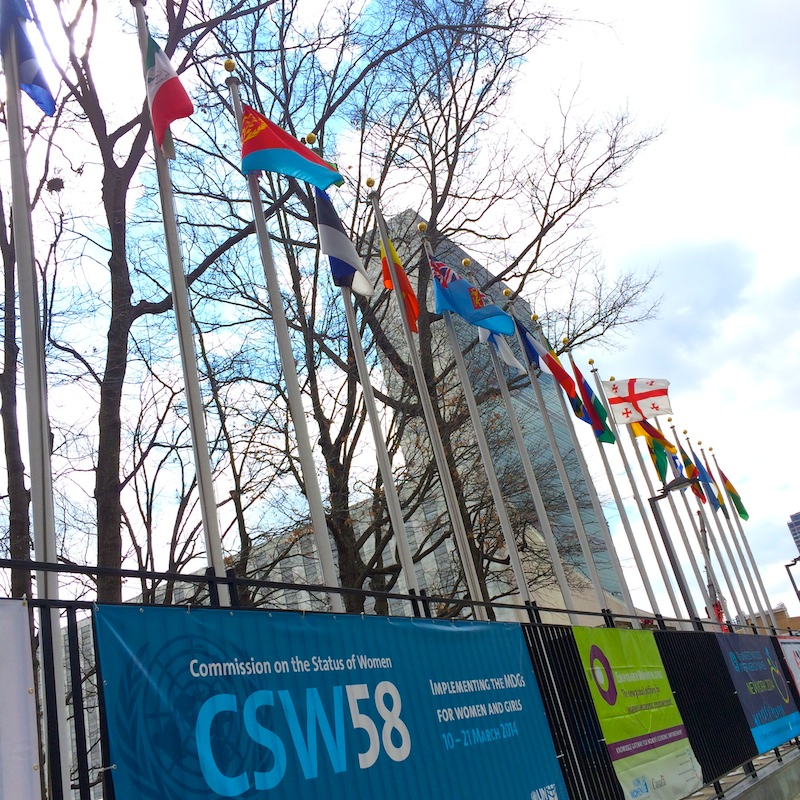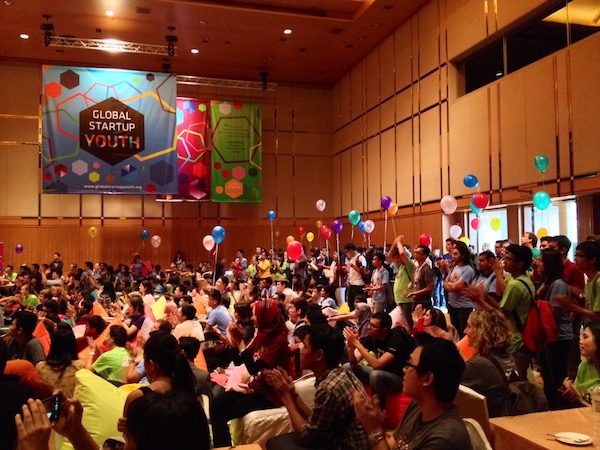I recently attended the International Day of Happiness Conference at the United Nations (officially March 20th each year), where leaders in the political, non-profit and for-profit worlds gathered to look at key indicators around the globe that measure, in some way, how we’re doing as humans.
There were compelling personal stories from people like Consolee Nishimwe, a Rwandan genocide survivor, and Christina Stevens, who followed Mother Teresa with a camera to tell her story on film. We were presented with recaps of the
There were analyses and recaps of the World Happiness Report, which resulted from a UN resolution in 2011 crafted as part of its effort to understand how to create and support global sustainability. The report measures indicators like mental illness, ethics, and public policy, and their ultimate effect on the state of well-being for a country and its people.
And while, at the outset, this might seem like a “feel-good” (no pun) kind of project, the credentials of the scientific team that crafted this report are no laughing matter:
- John F. Helliwell: Vancouver School of Economics, University of British Columbia, and the Canadian Institute for Advanced Research (CIFAR)
- Richard Layard: Director, Well-Being Programme, Centre for Economic Performance, London School of Economics
- Jeffrey D. Sachs: Director, The Earth Institute, Columbia University
It is only by looking at baseline factors that we can assess how far we have come, and what key efforts need to be supported moving forward in order to achieve a level of stability that leads to sustainable happiness.
And yet, even with all of this, the strongest impression I was left with, after hearing the stories of people who refuse to be anything BUT happy in the face of war, famine and crisis is this: No matter what our circumstances, we, as a species, can choose happiness. There are those who are miserable in a million-dollar mansion and others who find a ray of sunshine in the midst of war. It is not an outer, but an inner state, that dictates how happy we ultimately choose to be.




